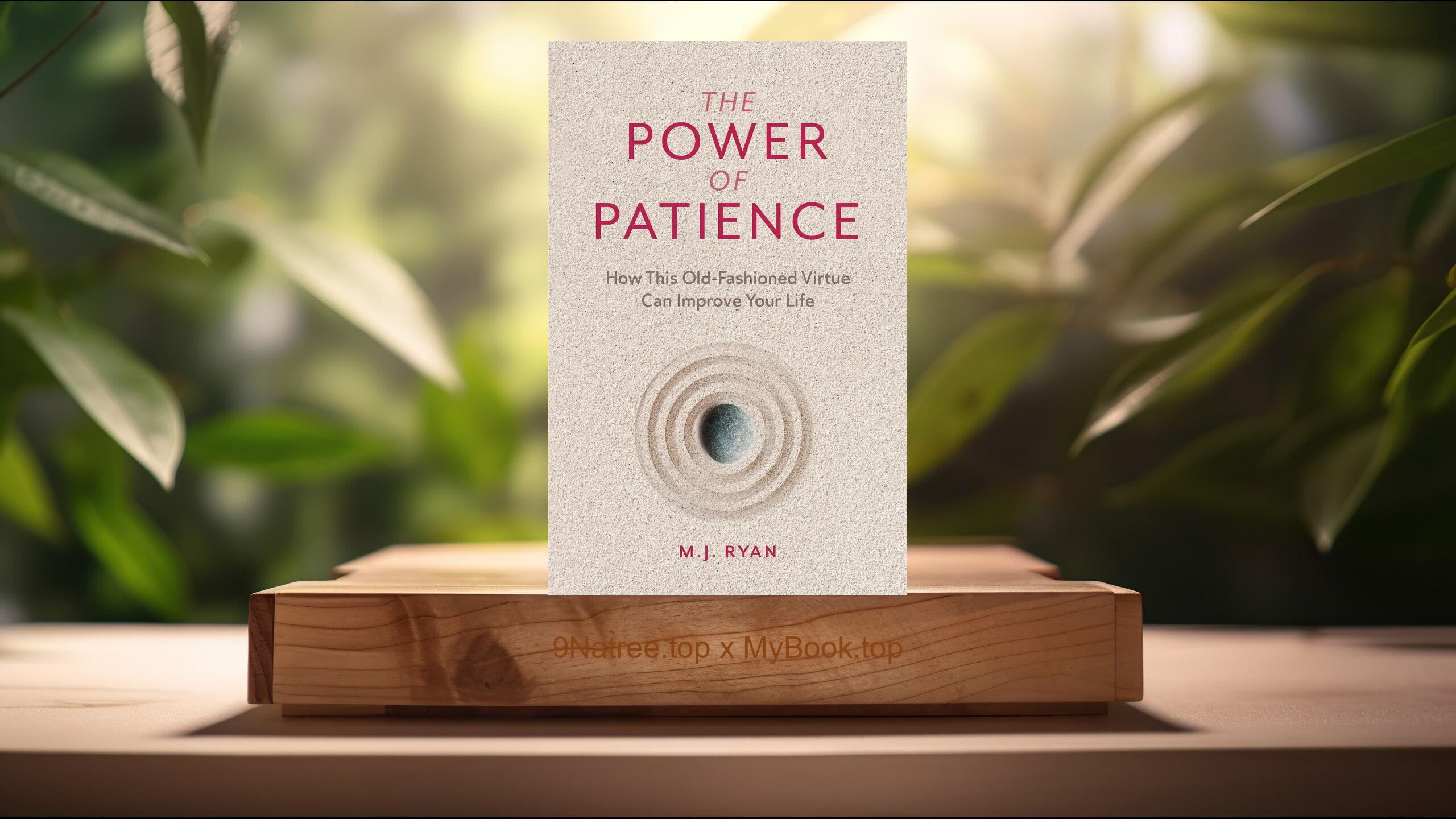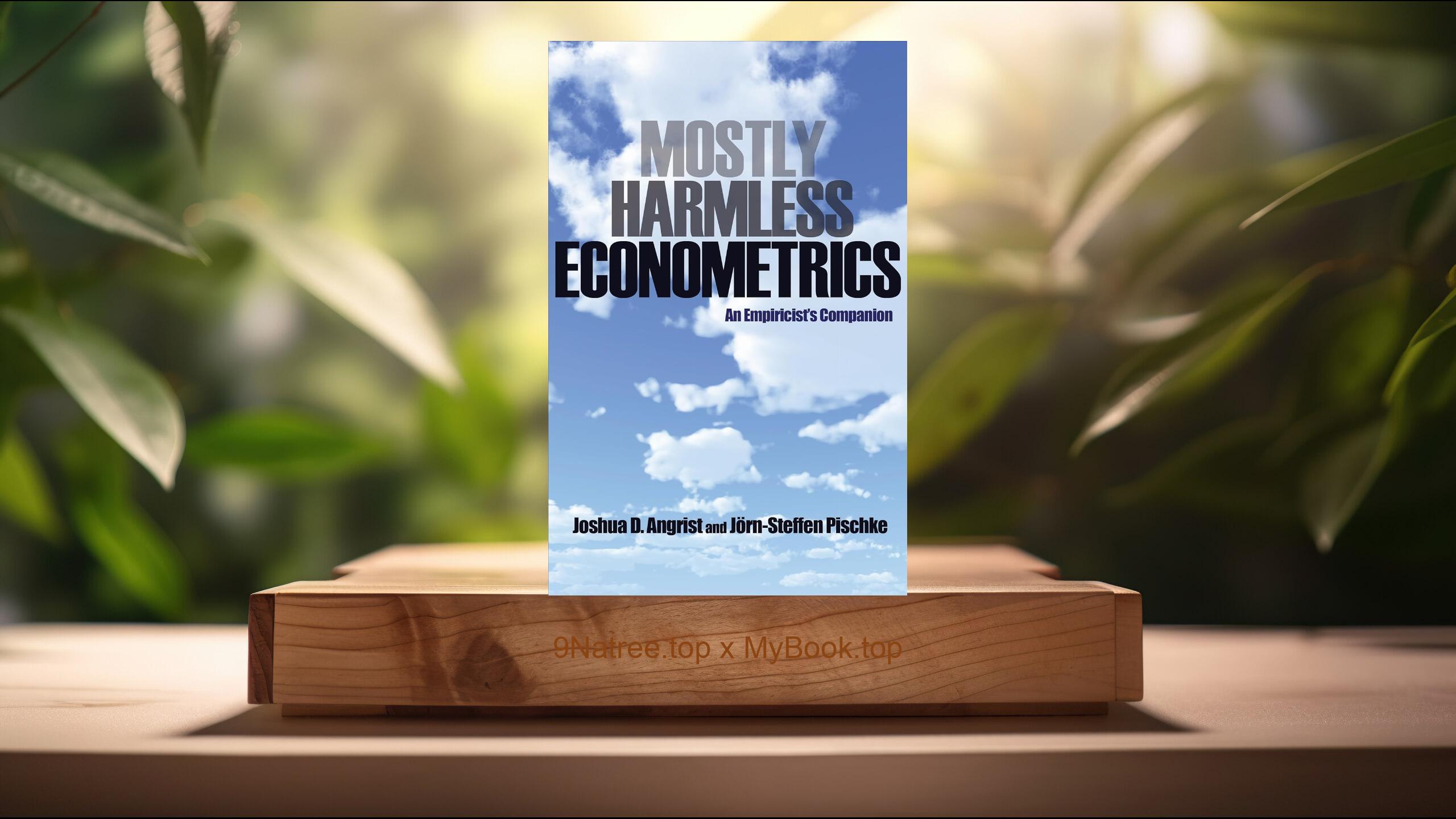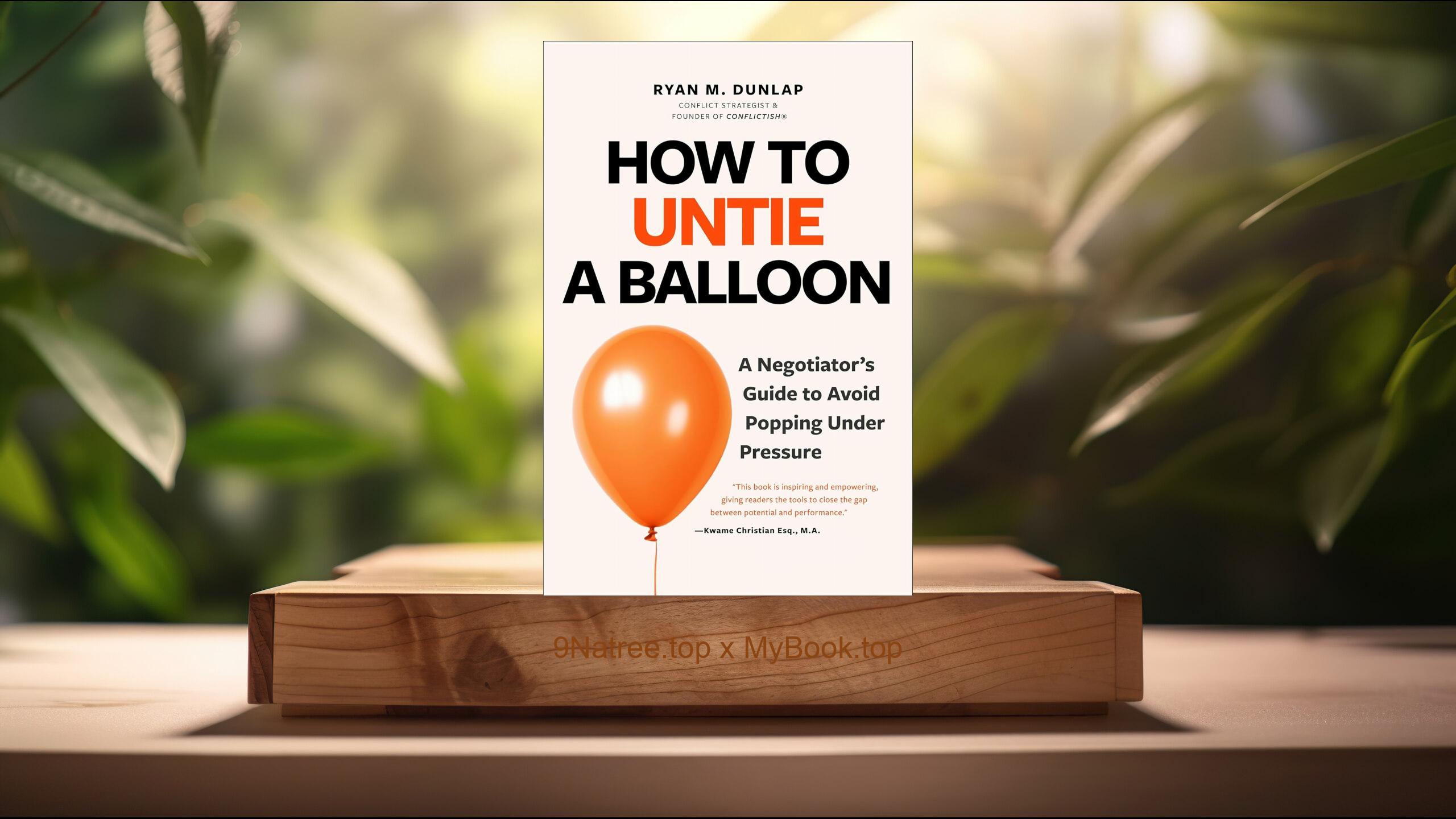Show Notes
- Amazon USA Store: https://www.amazon.com/dp/B078N861YQ?tag=9natree-20
- Amazon Worldwide Store: https://global.buys.trade/Discrimination-and-Disparities-Thomas-Sowell.html
- Apple Books: https://books.apple.com/us/audiobook/discrimination-and-disparities/id1646605352?itsct=books_box_link&itscg=30200&ls=1&at=1001l3bAw&ct=9natree
- eBay: https://www.ebay.com/sch/i.html?_nkw=Discrimination+and+Disparities+Thomas+Sowell+&mkcid=1&mkrid=711-53200-19255-0&siteid=0&campid=5339060787&customid=9natree&toolid=10001&mkevt=1
- Read more: https://mybook.top/read/B078N861YQ/
#ThomasSowell #economicdisparities #culturalimpact #policysolutions #personaldecisionmaking #geographicdifferences #socialinequalities #equalityofoutcomes #DiscriminationandDisparities
These are takeaways from this book.
Firstly, The Role of Geographic Differences, Thomas Sowell highlights the significant impact geographic differences have on disparities, arguing that geography alone can create vast differences in outcomes among populations. He provides historical and contemporary examples to show how geographical isolation or access to maritime trade routes can substantially affect the economic prosperity of a region. Sowell emphasizes that such geographic disparities often precede any form of human discrimination, shaping the economic landscape in ways that are often underestimated. By analyzing how natural resources, climate, and geographical positioning influence economic development and social outcomes, Sowell encourages readers to consider the complex interplay between environment and human activity.
Secondly, Impact of Culture on Disparities, Sowell delves into the intricate ways culture influences disparities, arguing that cultural values, priorities, and practices play a crucial role in shaping economic and social outcomes. He disputes the notion that disparities are primarily the result of systemic discrimination, instead proposing that cultural differences in attitudes towards education, work, saving, and family structure can have profound effects on groups' economic performances. Sowell uses examples from various communities and nations to illustrate how cultural heritage and norms contribute to differences in prosperity and achievement. This topic underlines the importance of acknowledging cultural factors in discussions about disparities, challenging readers to reconsider attributions of causality.
Thirdly, The Myth of Equal Outcomes, Sowell tackles the controversial subject of equal outcomes, questioning the feasibility and desirability of achieving identical results across all groups. He argues that given the diversity of human preferences, talents, and efforts, disparities are inevitable in any free society. Sowell critiques policies aimed at achieving equal outcomes, warning that such efforts often lead to detrimental consequences for the very groups they intend to help. He explores historical examples where the pursuit of equality of outcomes has led to economic inefficiencies and social tensions. This topic explores the nuanced distinction between equality of opportunity and equality of outcomes, emphasizing the importance of maintaining a realistic perspective on human diversity.
Fourthly, The Role of Personal Decision-Making, Sowell examines the critical role personal decisions play in contributing to economic and social disparities. He challenges the assumption that disparities are solely the result of external discrimination, arguing that individual choices regarding education, career, and lifestyle have significant impacts on outcomes. Sowell provides analysis on how differences in values and priorities across groups can lead to diverse paths and results. This topic reinforces the idea that disparities cannot be fully understood without considering the decisions individuals make within the context of their cultural and societal frameworks. It prompts a broader discussion on responsibility, autonomy, and the role of personal agency in shaping one's destiny.
Lastly, Policy Implications and Solutions, In the final section, Sowell discusses the implications of his findings for public policy and potential solutions to disparities. He advocates for policies that focus on increasing opportunities rather than imposing equality of outcomes. Sowell suggests that interventions should aim to remove barriers to success and encourage individual responsibility and initiative. He warns against the unintended consequences of well-intentioned but poorly designed social programs that can exacerbate disparities. This topic provides a pragmatic approach to addressing disparities, emphasizing the need for careful policy analysis and respect for individual differences in formulating solutions to complex social issues.
![[Review] Discrimination and Disparities (Thomas Sowell) Summarized](https://episodes.castos.com/660078c6833215-59505987/images/1938256/c1a-085k3-jp2j0z0ptjm7-pxq2gi.jpg)




